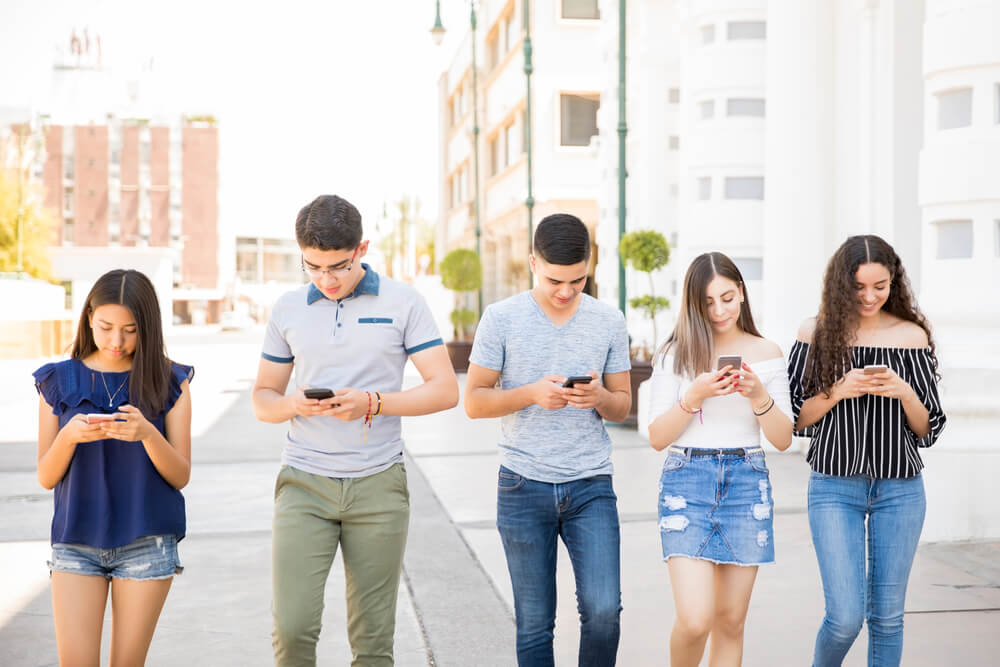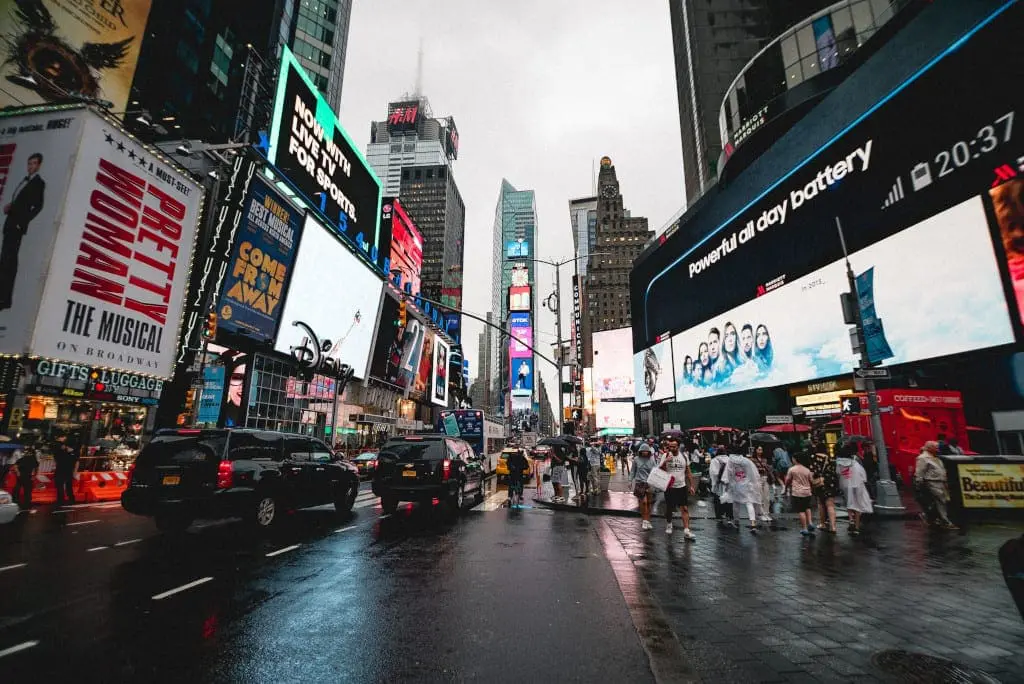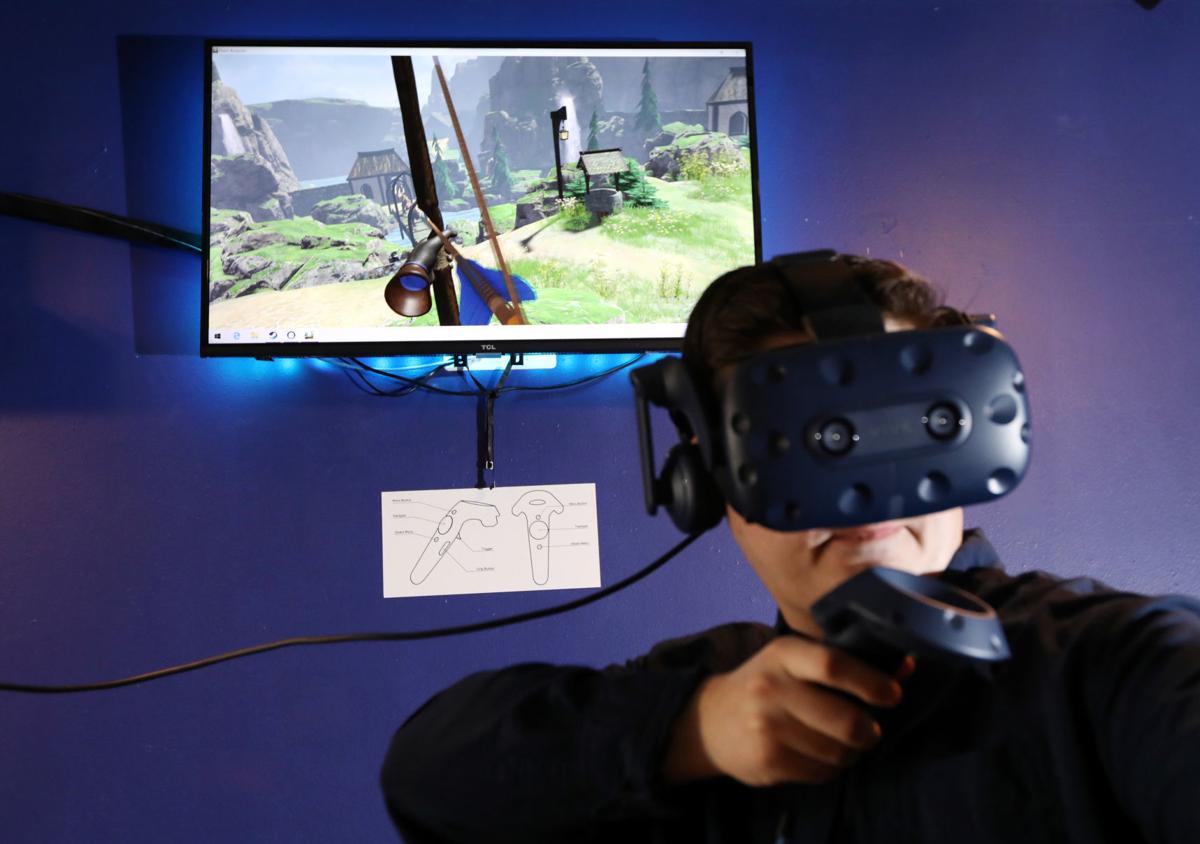I can't remember the exact point in my life when I first played with technology, but I do remember the fond memories I had playing video games on my GameBoy, DS, and Wii. I also remember receiving my first phone from my parents. It was a flip-phone, but I didn't use it as much as I use my iPhone today. I remember when my Dad used to have a Blackberry before he switched to an iPhone as well. I remember all of the other apple products I got before my iPhone which were the iPod Nano and the iPod Touch. I remember playing Vortex to pass the time on the iPod Nano and playing Pocket God on the iPod Touch. I spent so much time playing video games that I got to a point where my parents had to restrict my play to 30 minutes on weekdays. I always hated that restriction because the 30 minutes always felt like 10. I didn't care if time flew faster when I was having fun, I wanted it to be the opposite so I could spend my time playing video games for as long as I could.
Of course, now that I'm older, I can understand why my parents put that restriction on me in the first place. They were simply worried about my health if I were to play video games all day without any restrictions. Looking at the amount of time I spend on my iPhone, I now have a glimpse at the perspective that my parents had about me years ago.
Given that I normally sleep for around 6 - 8 hours each night, that leaves 14 - 16 hours left in the day to do whatever entertainment I want and I spend around 9 1/2 hours on my iPhone. Keep in mind that this doesn't include the amount of time I spend on my computer, Xbox, Nintendo Switch, or Oculus Quest. Looking at this information, I can see that I could find more of a balance between the amount of time I spend on technology and the amount of time I spend in the real world. I could go on walks around the neighborhood, play a board game with my family, stick around longer at family dinners, read a book, or do lots of other things besides being alone on the computer or my phone.
However, I don't hate technology. I think it's a great thing to have in the world. And even though it has brought some downsides, I think the upsides are more just as important because they can benefit us like nothing ever has before. But never forget about the downsides. This video from 2014 perfectly describes the downsides of spending your time on technology all day.
I'm not going to lie. This video makes me want to leave my phone in the house and spend more time outside interacting with people. Not now, of course, with the coronavirus pandemic going on but definitely later on in the year. In the end, my relationship with technology isn't bad, but it isn't great either. I'm looking forward to improving my relationship not only with technology but with the people that I spend most of my time around.
Related Videos:
https://youtu.be/2-5aK0H05jk ('64-65 NY World's Fair FUTURAMA Ride Video)https://youtu.be/5DU1B_XkyIk (Mad World Remix of Moby Video [Are You Lost In The World Like Me])







